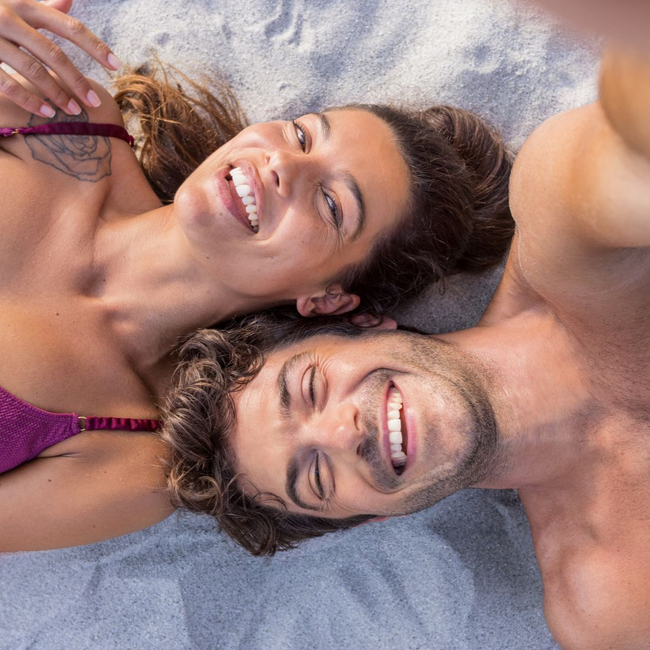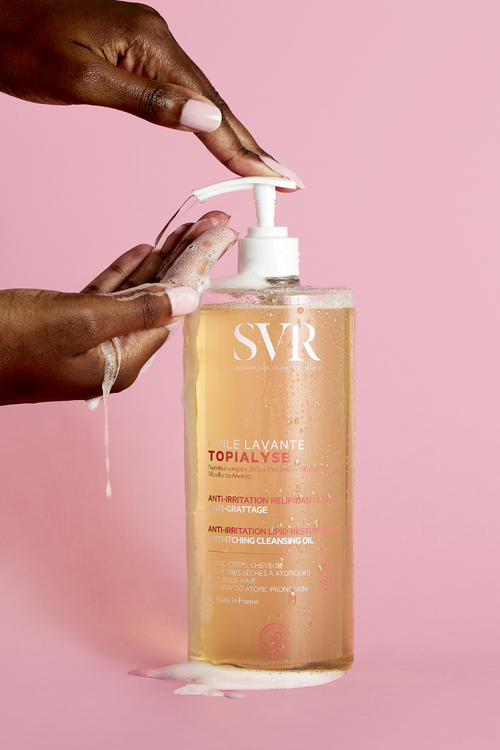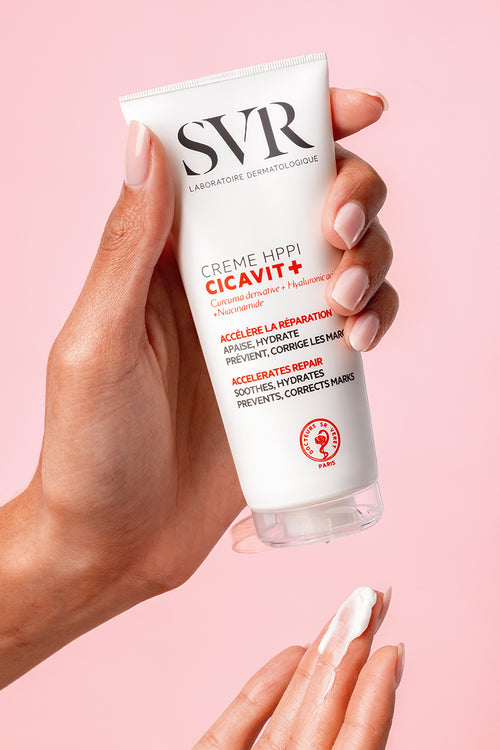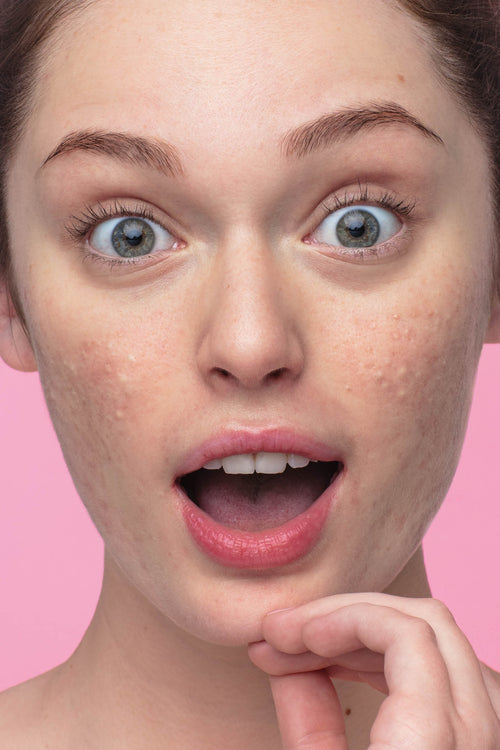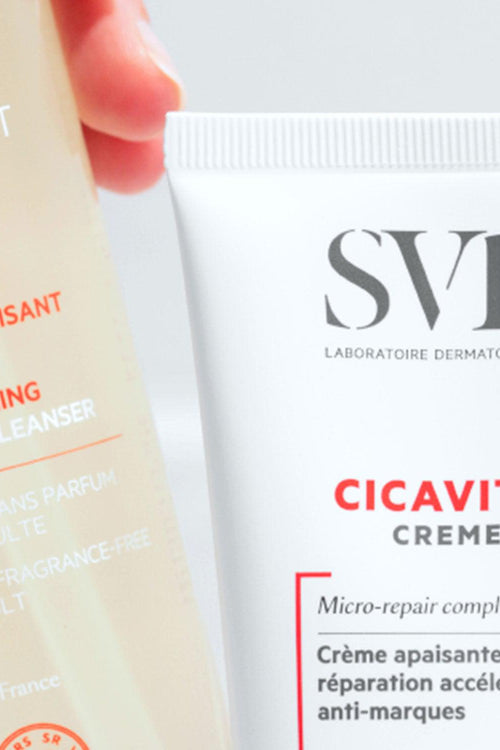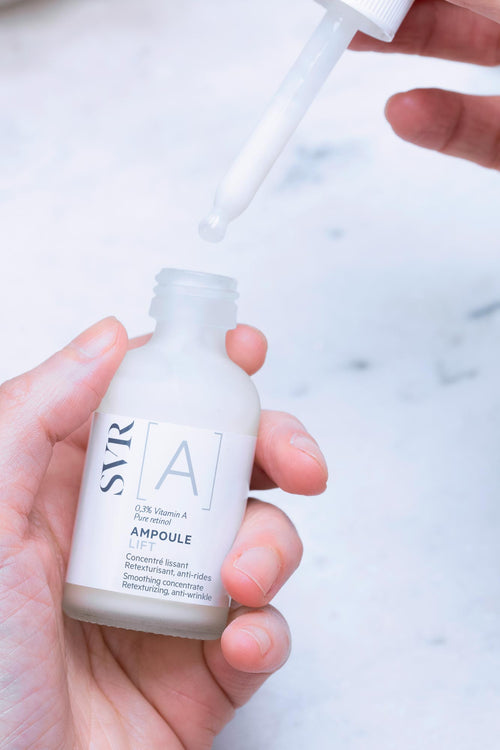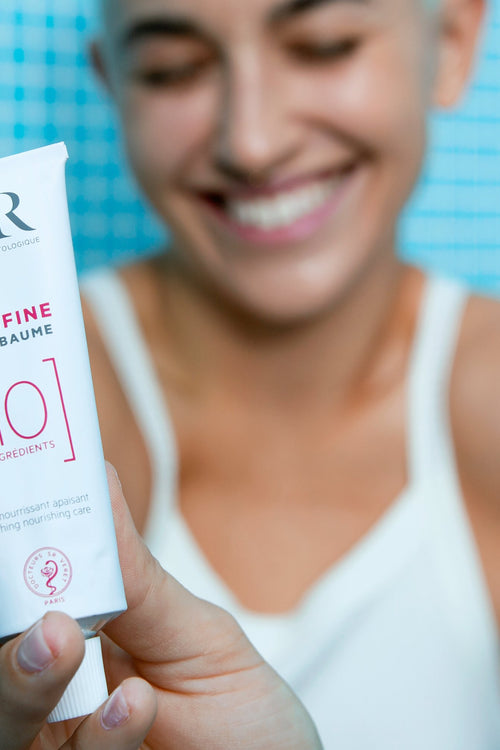 |
Half of consumers believe that sunscreen products contain ingredients that are harmful to the environment (1) . Additionally, it is known that approximately 25,000 tons of sunscreen are dumped into the ocean each year. This is in addition to the 8 million tonnes of plastic, climate change, pollution and overfishing which already threaten the seabed and which are the number one cause of seabed degradation (2) . We are therefore all more responsible when choosing our sun protection, in order to avoid contributing further to the degradation of the marine environment. In order to offer a new solar range that respects the skin and the marine environment, we have eliminated all controversial filters and raw materials. Of course, we had to go further and verify that our finished products as a whole pass environmental tests for biodegradability and eco-toxicity. Indeed, even if precise and rigorous selections of ingredients have been made, the synergy of all the ingredients together can create a bad cocktail. |
What eco-toxicity tests did we want to do?
Limiting the impact of our products on the marine environment is essential, but to verify this it was impossible to test them on all the elements that make up the ocean. We therefore selected two species belonging to the phytoplankton and zooplankton family.
Why phytoplankton and zooplankton?
Phytoplankton and zooplankton are microalgae and microorganisms essential for the proper development of corals. They help nourish the corals and therefore give them their natural color.
Why are corals so important?
Corals are a food shelter, a habitat for 25% of marine species. Around 2 million different species coexist on coral reefs. So if we do not degrade the micro-algae and microorganisms essential for the proper development of corals, we know that we are not impacting the balance of underwater life: the coral will continue to be a refuge and a habitat for different living species.
What do these eco-toxicity tests consist of?
We carried out two eco-toxicity tests: one on algae with the species Phaeodactylum tricornutum belonging to the phytoplankton family (tested according to the NF EN ISO 10253 standard). And one on aquatic invertebrates with the species Acartia tonsa belonging to the copepod family, one of the main components of zooplankton (tested according to standard FD ISO 14669).
These two tests make it possible to determine the concentration of our product at which a harmful effect could be observed. And we check that the concentration of our product found at sea does not correspond to this value and that we are well below. Our products pass these tests with flying colors.
These eco-toxic tests are important if the formula reaches the seabed, which is why we wanted to verify that our formulas degrade quickly:
In addition to eco-toxicity tests, we have tested the biodegradability of all our finished products according to the OECD 301F standard. A product is considered easily biodegradable if it reaches 60% biodegradation within 10 days. And the goal is for the product to be 100% biodegraded after 28 days.
What does biodegradable really mean?
A biodegradable product means that it can, under the action of living organisms such as bacteria, decompose into different parts that have no harmful effect on the environment. This strengthens our eco-toxic tests.
Where did we carry out these tests?
These tests were carried out in a French laboratory in Rouen, a benchmark for control, analysis and certification.
1-Study Solar Products in Para/Pharmacy 2020: Buyer behavior, best practices and brand image - 2nd edition, carried out by ARCANE Research with 920 buyers between September 29 and October 22, 2020; 2- https://www.wwf.fr



